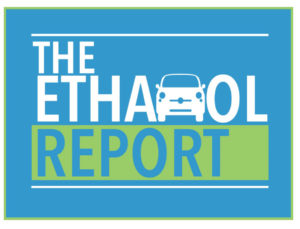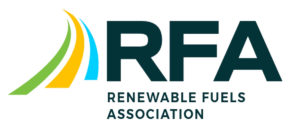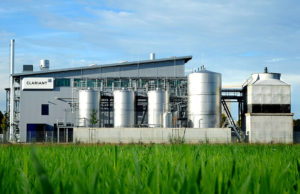 Last week, the U.S. Court of Appeals for the DC Circuit dismissed a petition filed by the National Biodiesel Board (NBB) on regarding the 2018 Renewable Fuel Standard rule EPA’s refusal to properly account for retroactive small refinery exemptions. The Court dismissed NBB’s petition on the technicality that the biofuel industry did not comment on the topic and provide EPA sufficient opportunity to address those comments.
Last week, the U.S. Court of Appeals for the DC Circuit dismissed a petition filed by the National Biodiesel Board (NBB) on regarding the 2018 Renewable Fuel Standard rule EPA’s refusal to properly account for retroactive small refinery exemptions. The Court dismissed NBB’s petition on the technicality that the biofuel industry did not comment on the topic and provide EPA sufficient opportunity to address those comments.
NBB Vice President of Federal Affairs Kurt Kovarik says the court decision is frustrating. “EPA requested comment on its practice of ignoring retroactive small refinery exemptions but did not give notice of its intent to unleash a flood of the exemptions. The Court, however, faults the industry for not commenting specifically on that,” said Kovarik. “EPA’s flood of retroactive small refinery exemptions are causing severe economic harm to biodiesel and renewable diesel producers, forcing some to close their doors and lay off workers. It’s disappointing that the Court did not take this opportunity to address that harm.”
NBB challenged EPA’s decision to continue ignoring small refinery exemptions granted after the annual rule is established, even though the agency quietly ramped up granting these exemptions as it took comment on the rule. The Court declined to examine EPA’s flood of small refinery exemptions, but left room for future challenges on the issue.










